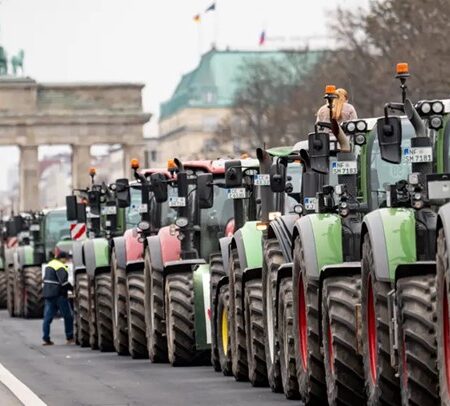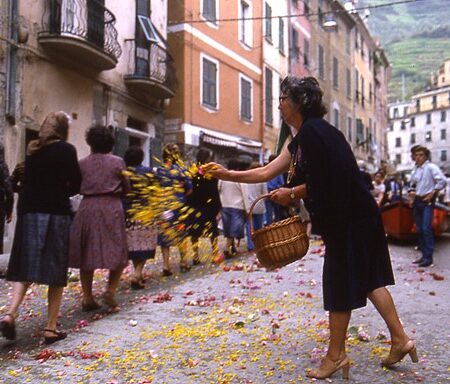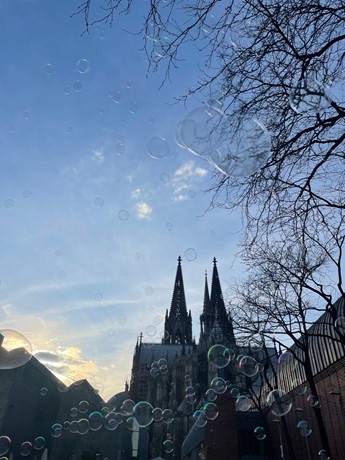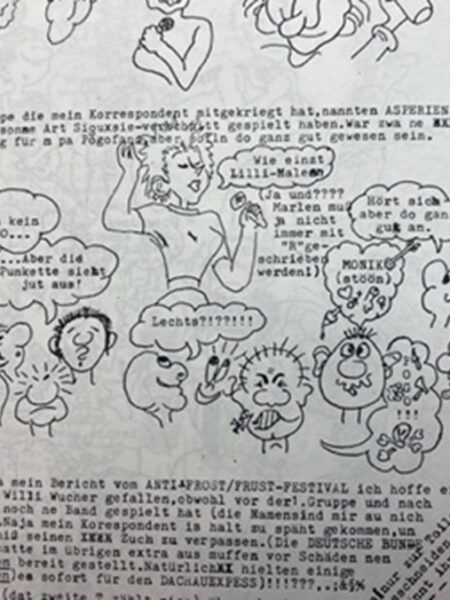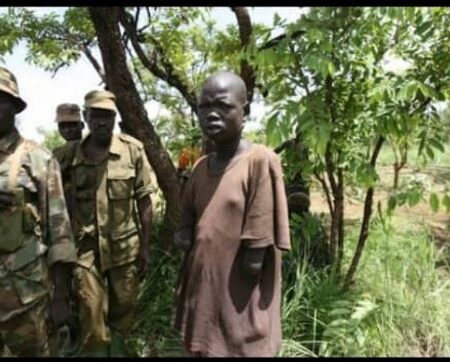I enrolled into both the History Dialogues and the Global History Lab before it with the fear of not being able to cope with the workload. But, on the contrary, they aroused in me a great interest in history in general, but also in the history of my family.
I knew very little about my grandfather and grandmother, but when I began to research them, it turned out that my grandfather’s family was a victim of the famine in the 1920s, when he lost his entire family; his parents, brothers and sisters all died from hunger. Being completely alone at the age of 7-8 years, he would find himself on the verge of death during another famine in the early 1930s, but he survived.
The story of my grandfather, who is no longer alive, touched me to the core, because this is the story of only one Kazakh family, but the famine in Kazakhstan claimed the lives of more than half of the population of Kazakhstan at the time. According to the official data, received from the secret archives after the dissolution of the Soviet Union in 1991, about 2,200,000 people died because of famine in Kazakhstan in 1930-1933. The more I wanted to know about the famine in Kazakhstan, the more it seemed to me that in our country, either people do not like to talk about it at all, or they discuss it very aggressively with condemnation and the search for the scapegoats. However, remembering my grandfather, I understand that he never told us about his hard life, never complained or blamed anyone. Moreover, studying at the Global Humanities course, I understand that all historical events should be considered with critical thinking. Therefore, in my short documentary, I just wanted to briefly state the facts about the famine in Kazakhstan in the 1930s and tell my grandfather’s story of survival.
I would be very interested to know your opinion, which you will have after watching my documentary. Thank you!
